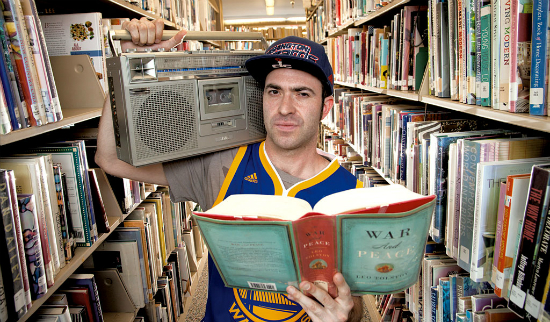Write Brothers: Strategy & Preparation
Posted by Justin Boland on Oct 05, 2014 | 0 Comments
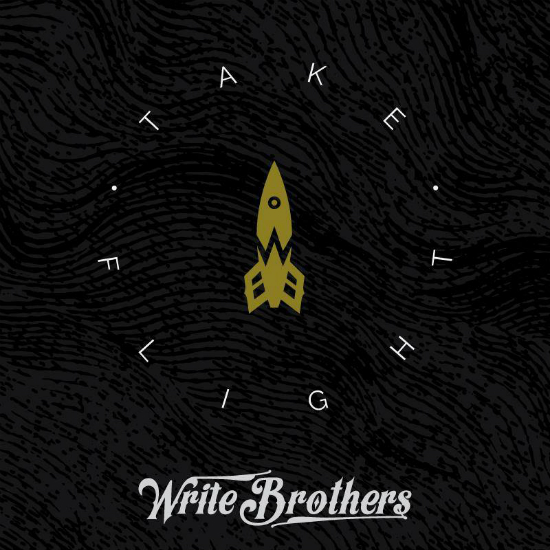
This interview is a fortunate convergence: Write Brothers is an act that is just making the transition from the local to national level; and they’re both kind enough to tolerate a lot of questions on the mundane details of their ambitious careers.
Write Brothers are a Brooklyn - Los Angeles duo who just released a damn impressive debut project, Take Flight. During the preparation for that album, I got to talk shop with producer Dante DaVinci and rapper Learic about the process and planning behind a landmark in both of their careers.
Dante DaVinci: “Be humble, clear and concise”

AH: How many of the tracks on your first album were the result of cross-coastal collaboration?
Dante DaVinci: We recorded all vocals for the album, except for Lucid Dream, prior to me moving to Los Angeles. The vocals were recorded in a beautiful vocal booth we had custom built for our studio by Richard Larow. We used a Karma K58 Mic running through the legendary Avalon 737sp vacuum tube compressor and through an Apogee Ensemble. That gear combined with some Mogami cables to connect them all and we had a brilliant signal path. I finalized Lucid Dream here in L.A. and sent it to him, and he got up with Zach Crawford (who mastered and co-mixed the album) and they recorded the vocals in VT. When I got the stems back, I then wrote my part as The Captain and timed them around his verses. This track introduces you to the album and our intention with it is to bring you into our mindset and vision for the rest of the project.
AH: You guys have taken an unusually patient, cultivated approach to promoting this project — is that approach the result of past experience with previous work?
Dante DaVinci: Good question. I am partners in a record label called Upsetta Records and we have been in business for about 5 years releasing reggae and dancehall music thus far. I definitely applied experiences from our releases on Upsetta with the roll out of the Write Brothers, but also spent most of this past year researching everything I could find, in regards to online indie marketing and release strategies. I have taken a page from major label scheduling and applied that to our two single releases thus far. A lot of it is trial and error and thankfully, if you spend the time to research online, you can learn a ton about how not to release something and how to take steps to avoid certain pitfalls and setbacks.
AH: How do you think the timing of single and album releases has changed, as constant digital media has gone from “disruptive” to just the New Normal? Do you think it harder or easier for independent artists to rise above the background noise?
Dante DaVinci: I don’t necessarily feel the timing has changed, just that there are a lot more players in the game, each with a different set of “skills,” or perception of how to do it. Lets go back 20 years. You could be a mediocre rap group with nothing “special” to offer, you still get signed because labels have ample amounts of money and resources. You’re going to have a team behind you, that is protecting their investment. Even though you are mediocre, you are still going to sell units. I am not sure who told me but I remember hearing even a horrible rap album could sell 80,000 plus units. Now granted, you still needed to appeal to and/or catch a labels attention, and before (I’ll call it) Napstergate, labels had a lot more money to make those short bets.
Now let’s fast forward to this day and age and look at the structure of the industry. It’s both easier and harder for an indie artist to rise above the background noise. Meaning, you have all the resources at your fingertips to push your music, but so does your competition to get recognition. The age old gift and curse dichotomy.
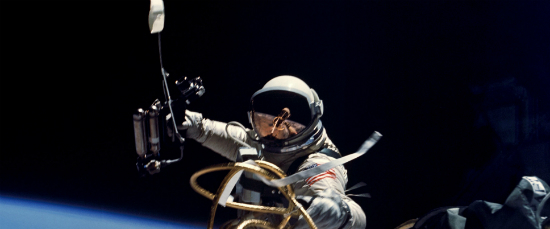
AH: How much did being introduced to the hybrid diversity of the Los Angeles beat scene affect the production on Write Brothers?
Dante DaVinci: As I mentioned earlier, all but Lucid Dream had been recorded before I got to Los Angeles so technically, the beats were done. Being in a new city, scene and mindset, I sat down with each track and listened with a new perspective. This is when I dug into arranging, adding new layers (especially bass lines) and most importantly the sound effects. I probably spent more time on sound effects and arranging than I did on actually making the tracks.
Living in L.A. and life in general has changed significantly for me in the past year and the music I am making now reflects that. If anything, my skills as a engineer, producer and writer have only gotten stronger over the past year and I have been building up more material to share with Learic and decide what will be on the next album.
AH: I get at least one email a month asking me simply “How do I get my music on DJ Booth?” As someone who has accomplished precisely that, what advice do you have for hungry readers?
Dante DaVinci: That’s an interesting question because we didn’t reach out to them. In fact after hearing/seeing the track on Earmilk, DJ Booth downloaded the track and artwork and did a cool little write up. Now, I am assuming that’s due to the track hitting #1 trending and #2 overall on the Earmilk site. That’s why other blogs noticed us.
With that being said, I have no specific way I can share. We approached several blogs prior to our lead single dropping and honestly, didn’t get much of a response. This is largely due to the fact no one knew who we were yet. On one hand that’s good, you can potentially allow blogs to discover you, and to be excited they posted you first. That was the case with Nathan Beer, the writer from Earmilk who wrote up and posted our first single.
No one should take it personal if they’re getting responses. There are thousands and thousands of musicians out there grinding just like you and sending content to these sites every day. Chances are you may get overlooked! The one thing I can say is make your subject line of your email TO THE POINT AND ALLURING. Be humble, clear and concise.
To be blunt, no one gives a shit about you until people give a shit about you. Make great music, hit up blogs, websites, magazines, etc. like it’s homework. And the biggest thing: all the answers to your questions about how to promote your music successfully are available for free online. Respect to Praverb.net.
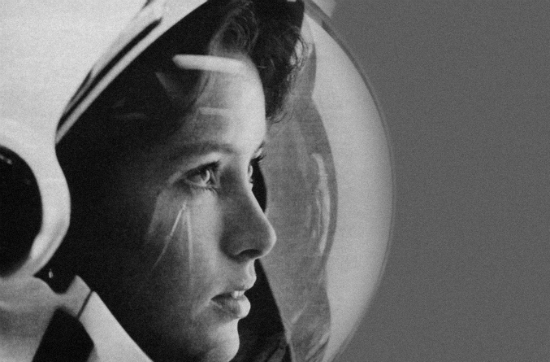
AH: What are your most essential tools for keeping all your projects and collaborations organized?
Dante DaVinci: I am somewhat of an organized chaos kinda dude. For example, my drum library is full of folders from the past 14 years. There might be 20 different folders with kicks for no real reason, stacks of notes on the desk and ideas in my phone, both voice notes and written. I do, however, always have a physical notebook with a daily to-do list that I am committed to.
That’s my number one advice to anyone out there who has a giant goal on their horizon and 100 mini-goals to complete to get there. I will make my list with somewhat achievable amounts for the day and will set them up by priority. Whatever was not completed gets added to the next days list and automatically becomes first priority. Crossing things out on a list is great, it gives you the feeling of accomplishment and forward progression towards that horizon.
As far as workflow in a session, I learned a very valuable lesson from my good friend Jamie Bright who is a Berklee school of music graduate and worked on a few songs on the Write Brothers album with me. Label your shit. As you build up your session, label each track (aka stem) accordingly and use color coding if your DAW allows it. Group your shit. This helps to recall where you need to go and make changes but especially helps if you have another person with you or a client. It does no one any good for you to take forever locating the lead vocal, especially when you are on someone else’s time.
Learic: “One book at a time”
AH: Was it ever overwhelming working on so many projects at once in 2013/14, or did all these separate albums grow at a reasonably organic pace?
Learic: It never felt overwhelming because I was able to keep all three projects separate in my mind during the whole process. The projects each felt different and were made with different people, and had different musical soundscapes for me to live in, so it’s like I was just wearing a different creative hat whenever I was in each studio. It was similar to when I’ve tried to read multiple books at the same time, and kept them separate in my mind by their differing plots, characters, and writing styles. Although that, I would say, is much harder and less enjoyable, and I stopped doing that. One book at a time for this guy.
There also was never a rush to finish with any of the projects. It was just about the quality of the work and the music. We were very professional though when we got together. It was about getting things done, but not forcing anything; letting the music grow organically, but also not wasting time by being unproductive and distracted. I’m not a fan of unprofessionalism. I go to the studio to get work done. Of course there’s an initial period of socializing that happens, but when the whole session becomes socializing and doing anything but working on the music, that’s when you’ve gotta question the seriousness of the people you’re working with.
AH: What is your most valuable tool for keeping your creativity organized?
Learic: I’ve trained myself by developing my freestyle ability to come up with quality content on the spot, and be able to tailor it to any specific subject. That has helped me tremendously when I go to the studio, hear the beat, and begin the discussion about the themes of different songs, and then being able to shift my brain into that particular lane of creativity and start exploring. The freestyle tool helps met get going, but there is an extensive editing process throughout.
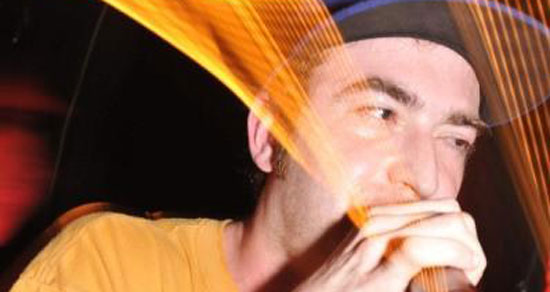
AH: What advice do you have for new rappers who need to improve their live show?
Learic: Get as far away as you can from just rapping on stage. That’s not interesting to watch, unless you’re a legend, then everyone knows all your lyrics and are rapping them along with you, but even legends aren’t just rapping on stage; that’s why they’re legends.
Become comfortable talking to the crowd by just doing it more. Be yourself and revel in that; that’s where the ease on-stage will develop. Be open to improvisation. There are so many times during a set where you can do something you’ve never done on a certain line to give it more life. If you have multiple MC’s in your group, feed off their energy and develop chemistry on stage. There’s nothing more boring to watch than a group where rappers ignore each other while they’re performing. You’re a group, not just two solo rappers sharing a stage. Make it an experience. Be in the moment and respond to what’s actually going on in front of you, but also know your set really, really, really well. The more you seem to have it together, the more comfortable the crowd will be. They are in your hands; take care of them.
Never forget the crowd came to see your show. It’s not a privilege for them to see you; that’s coming from a place of egotism. It’s a privilege for you to perform for them. It’s not all about your own satisfaction, otherwise you could’ve just never left your room and performed for your friends at home. They’re paying money to see you; make it worth it. Then they will come back. That is how you earn fans. Also think about ways you can get creative and set your live show apart from others. Most importantly, have fun. If you’re not having fun, trust me, the crowd will certainly not be.

